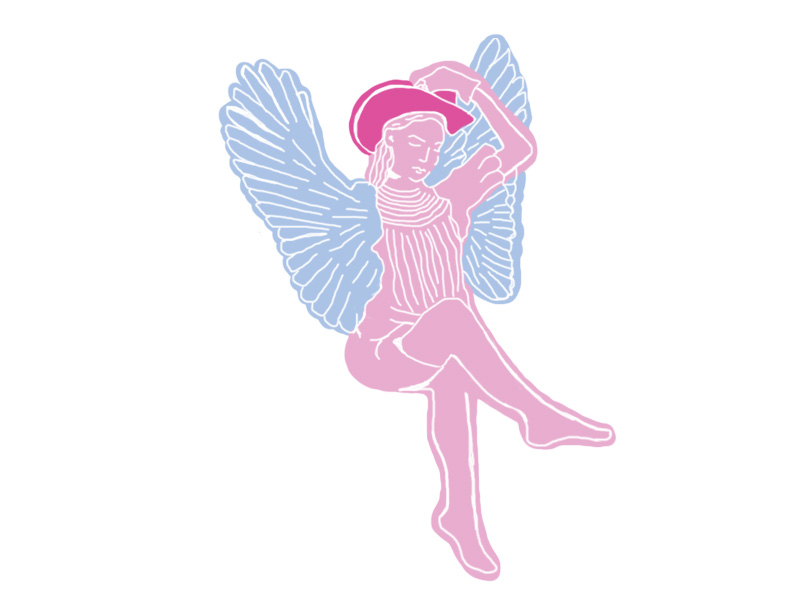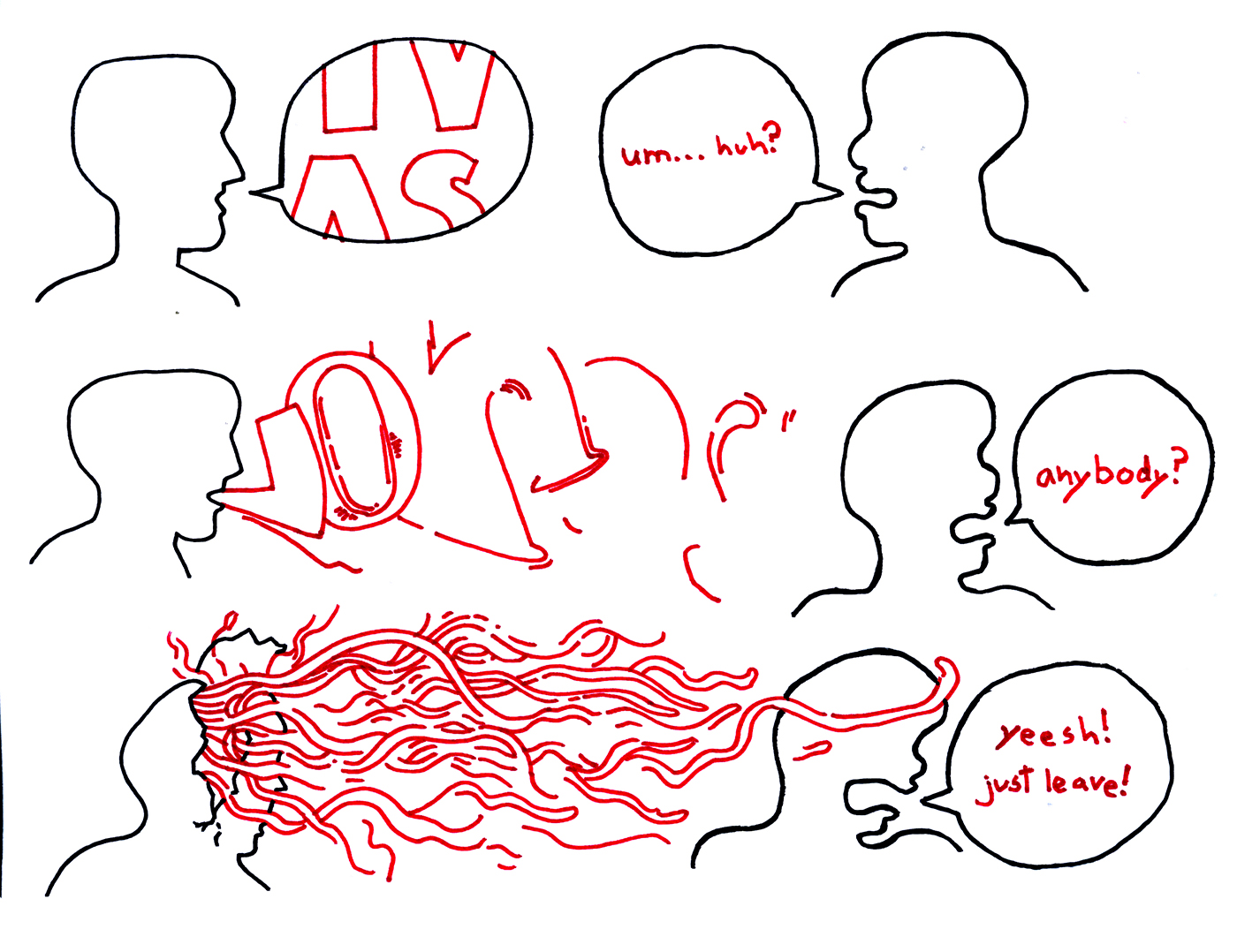
Claire Boucher — known to the world as Grimes — has been hailed by the mainstream media as a combination of a woodland nymph and a Tumblr grrrl’s dream come true. She entered mainstream media with her 2012 single “Oblivion,” a deceptively catchy electro track about bodily autonomy and the fear of being sexually assaulted. The combination of bizarre electro beats and hidden quips surrounding feminist discourse cemented Grimes as an artist to pay strict attention to. She’s not just a charming addition to the pop canon; she’s a necessity.
“Art Angels,” Grimes’ follow-up to 2012’s “Visions,” was released November 6 via 4AD records. A prolific lyricist and producer, Grimes initially scrapped her follow-up to “Visions” in 2014 telling New York Times Magazine, “It sucked … so I threw it out and started again.”
Some fans speculate that project was scrapped due to negative fan reactions towards the first single, “Go,” which was initially penned for and subsequently rejected by Rihanna. While this narrative is widely accepted by the mainstream media, it neglects to consider that Grimes is first and foremost a working artist. Any artist will shed a project they aren’t fond of; it’s a natural part of the creative process.
In the same New York Times magazine profile, Grimes spoke on the ways in which she has reconstructed her creative process. Famously reclusive, Grimes recorded “Visions” in 2012, in a cabin in the Canadian wilderness. This time around, she re-located to L.A. where she spent her days “hanging out with people and bouncing ideas off my friends.”
The result is “Art Angels”: a raucous electro conglomerate featuring tracks with Janelle Monáe and Taiwanese rapper Aristophones. The album is immediately more sonically vibrant than any of her previous work. Gone is the pervasive melancholia of 2010’s “Halfaxa,” and in its place is a renewed zest for life.
Take for example, “REALiTi.” Initially a scrapped demo, the bouncy downbeat paired with lyrics like, “I have peered over the edge and seen death,” inject a deep sense of existentialism into the otherwise very poppy music.
This propensity to question life itself adds a level of transcendentalism to Grimes’ music that is otherwise unheard of in the field of pop. Unlike her contemporaries, she approaches pop music’s tendency to romanticize everything — people, and the proverbial “club” — with a skeptical distance.
On “Butterfly” she sings, “If you’re looking for a dream girl/ I’ll never be your dream girl.” This may be a response to the media’s tendency to paint Grimes as a manic pixie archetype. Most of this record is not thematically centered around themes of love or the intricacies of a romantic relationship, which sets it apart from other pop albums. Rather, Grimes tackles issues of power dynamics in music industry, using her music as a tool for casting a wide critical lens.
“Art Angel” is not devoid of forays into more traditional pop sounds. In “Venus Fly,” which features JanelleMonáe, a hypnotizing bass downbeat grounds the track, and allusions to Madonna’s “Me Against the Music” are peppered in. An elegant violin solo is interspersed into the bridge.
“Art Angels” ultimately allows Grimes to fully showcase her talents as a producer in tangent with her already fascinating lyricism. She scored her first producer credit on “SCREAM,” which features Taiwanese rapper Aristophones. Grimes doesn’t actually sing on this track. Instead she lays down a ferocious bassline and provides ambiance with her own chilling shrieks. Grimes is listed as a producer on every track of this album; her holistic approach to music making does not go unnoticed in the male-dominated field of sound engineers.
The first single off the album, “Flesh Without Blood,” features joyous ricocheting guitars interspersed over Grimes crooning, “Baby believe me/ yeah you’ve had every chance to destroy everything that you know.” There’s pep that would impress a cheerleader in the bridge, utilizing a bouncy drum beat. In comparison to her previous work, “Flesh Without Blood” definitely has a poppier sound, but it doesn’t compromise Grimes’ lyrical sense of whimsy.
Many Grimes fans are facing the classic hipster conundrum wherein one of their favorite artists is going “pop.” But Grimes’ musical authenticity cannot be deterred by mainstream success. At the end of the day, she’ll always be capable of writing hypnotically catchy tracks with B horror movie titles. No amount of headlining tours will change that.







